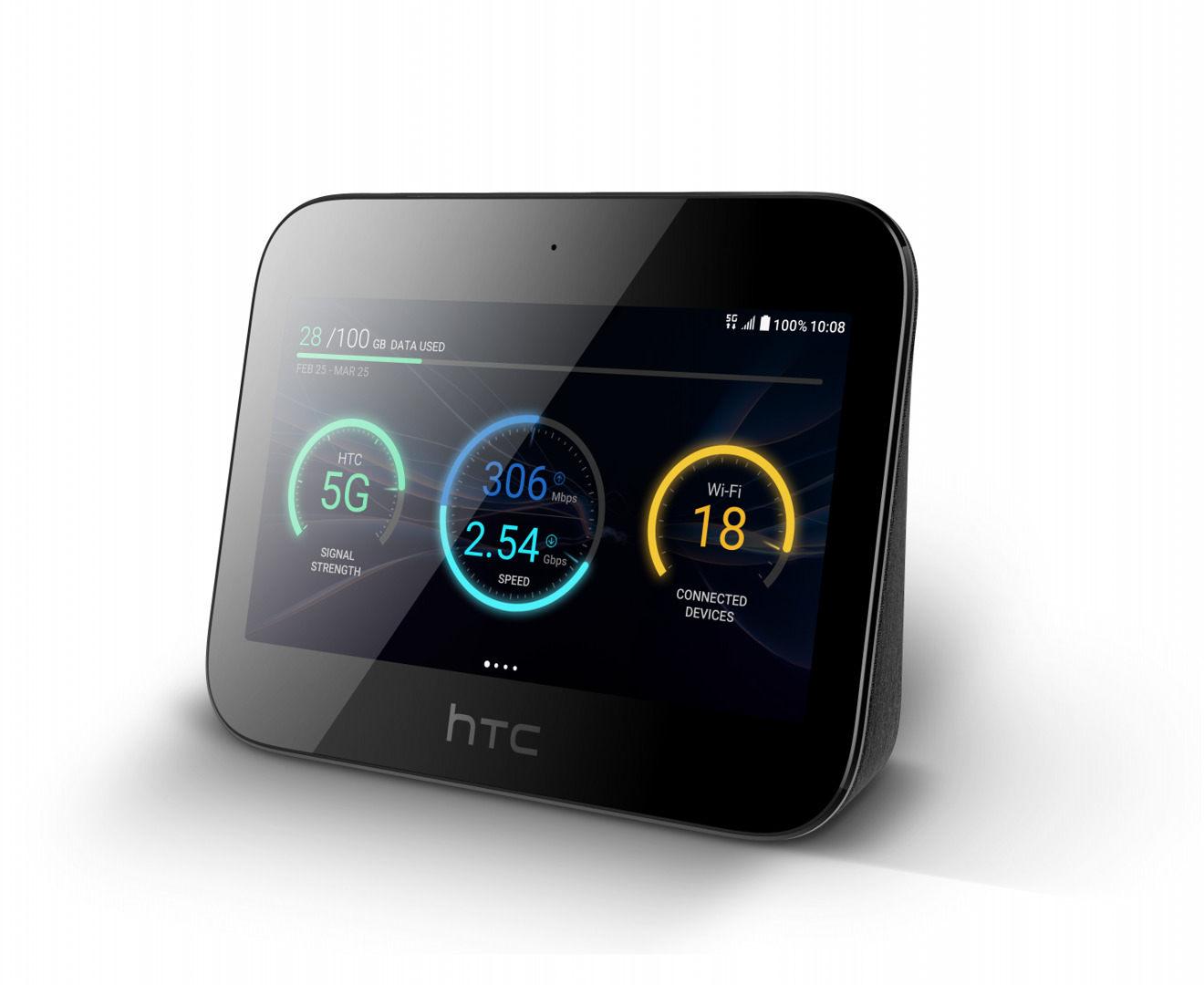A new House bill proposed by Texas Republican Rep. Michael McCaul seeks to make the U.S. more prominent in 5G networking — and specifically to deflect Chinese influence.
If approved, the bill would push the Secretary of State to increase the "representation and leadership" of the U.S. at international telecommunication organizations setting 5G standards. The State Department would have to employ existing funding for the task.
"China's majority control of the world's 5G networks, interconnected devices and cloud storage is a risk we cannot accept," McCaul told Reuters. "We have to show up and compete with them."
The bill is co-sponsored by Democratic Rep. Henry Cuellar, also from Texas.
Chinese firms like Huawei have reportedly sent large contingents to standards body meetings, hoping to establish their own footprint in 5G. The Trump administration has actively opposed this and the use of Chinese 5G infrastructure in general, worried that it could compromise security domestically and abroad. U.S. companies are technically banned from buying Huawei telecoms equipment without special permission.
The Department of Defense issued an April report highlighting not just security concerns, but the possibility of weakened market competition and higher supply chain costs.
In May a bipartisan bill proposed outright banning rural carriers from using Huawei or ZTE equipment for 5G, simultaneously extending as much as $700 million in grants to encourage alternatives. The Rural Wireless Association has argued that real-world costs could end up between $800 million and $1 billion.
Apple is likely keeping an eye on government proceedings as it works toward its first 5G iPhone, expected in 2020. The company is even thought to be developing its own 5G modem, but that may not arrive until 2022.
 Roger Fingas
Roger Fingas







 Charles Martin
Charles Martin


 Wesley Hilliard
Wesley Hilliard
 Stephen Silver
Stephen Silver
 William Gallagher
William Gallagher

 Marko Zivkovic
Marko Zivkovic








12 Comments
Could Apple pick up these free $700,000,000 grants?
Pretty sure you have to have a product in order to be leader in any market -
5G in the U.S from a strategic perspective isn't all down to the current administration's errors, although they have done more harm than good. The errors though are there and glaring.
Now it is trying wild west tactics and doing even more harm to allies as it tries to bully countries into following U.S orders.
There's a basic rundown here:
https://moneymaven.io/mishtalk/economics/uk-philippines-side-with-huawei-why-is-the-us-behind-on-5g-7EP1sCvvGECO1v7CpnxiWg/
This initiative is a sad commentary on what happens when politics precludes proficiency. Rather than putting forth an offensive initiative that demonstrates the superiority of US-conceived 5G technology the US has deployed a chaff cloud against rival organizations/states that are taking the offensive on the development of a new 5G standard. This is a rather crude and neanderthal reaction played from a position of weakness and the dilution of any semblance of a coherent strategy. In all likelihood US participation in a standardization effort would be focused on slowing down the approval process and giving US-based organizations greater influence over the standardization process and licensing models.